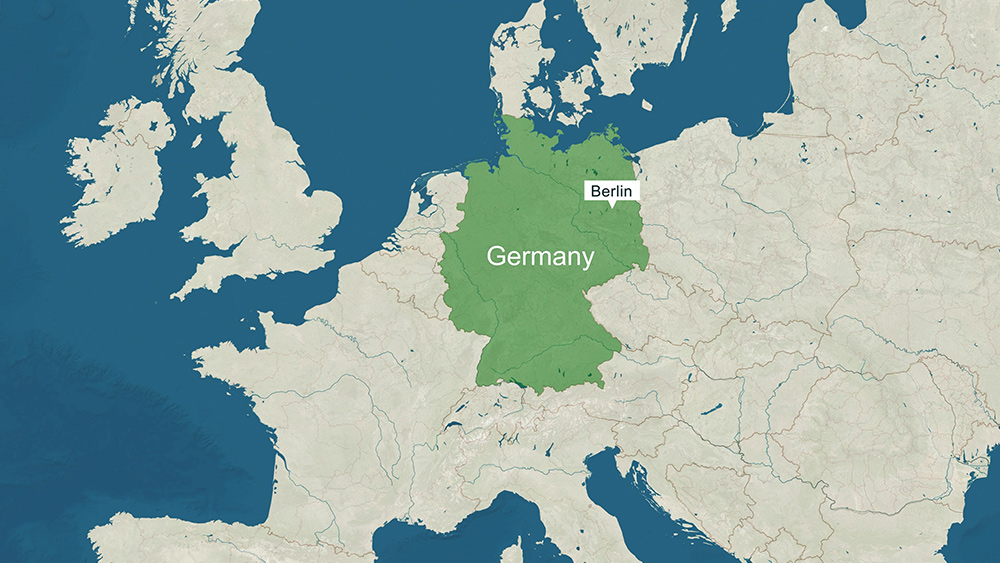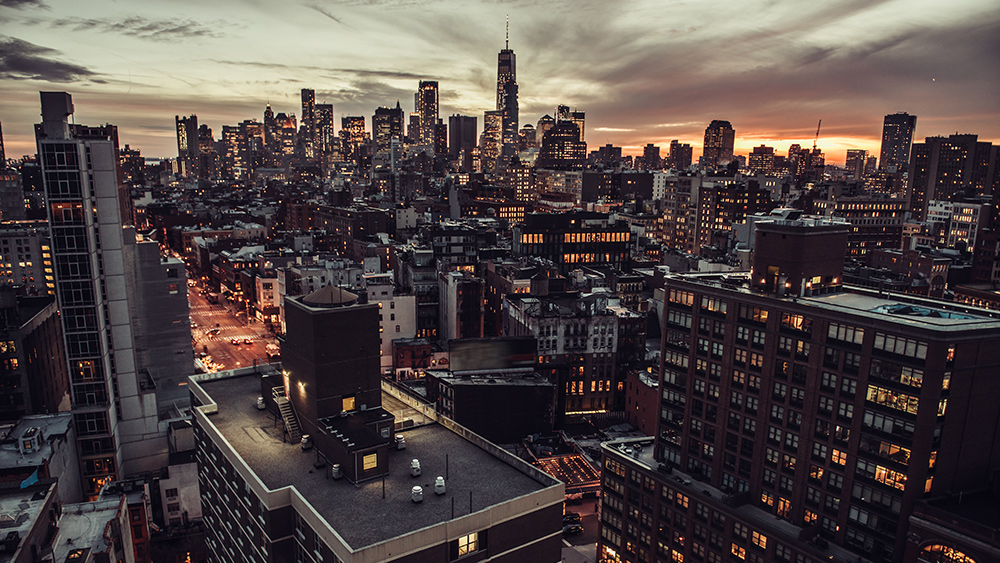
A 26-year-old Syrian asylum-seeker turned himself in to the police, saying he was responsible for the Aug. 23 Solingen knife attack in Germany that left three dead and eight wounded.
Duesseldorf police said in a joint statement with the prosecutor’s office that the man "stated that he was responsible for the attack" at the Festival of Diversity. The three-day festival was a celebration of the city's 650th anniversary, but was marred by tragedy after the stabbing.
The suspect, identified as Issa al H., was taken into custody, more than 24 hours after the attack. According to German tabloid Bild, Issa approached a police patrol car and confessed, saying, “I am the one you are looking for.” During the day-long manhunt, Issa reportedly evaded capture by hiding in a backyard.
The attack, which took place in the heart of Solingen, targeted attendees of the “Festival of Diversity.” Witnesses described the attacker as aiming for the necks of his victims, leading to speculation that the incident was terror-related. Police have since confirmed that Issa al H., originally from Deir al-Zor in Syria, arrived in Germany in 2022 as an asylum seeker. He was granted protection due to the ongoing civil war in his homeland.
While Issa was not previously known to security authorities as an Islamic extremist, he is said to be a Sunni Muslim. According to witness statements gathered by police, Issa allegedly shouted “Allahu Akbar” during the attack, a phrase commonly associated with jihadist motivations.
The suspect is a Syrian citizen who had applied for asylum in Germany, police confirmed to the Associated Press.
The Islamic State militant group claimed responsibility for the attack, without providing evidence. The extremist group said on its news site that the attacker targeted Christians and that he carried out the assaults “to avenge Muslims in Palestine and everywhere.” The claim couldn’t be independently verified.
The attack comes amid debate over immigration ahead of regional elections in Germany's Saxony and Thueringia regions where anti-immigration parties such as the populist Alternative for Germany are expected to do well.
Solingen stabbing fuels rise of AfD in polls
In Thuringia, which has a population of 2.1 million and where the famous Buchenwald concentration camp memorial is located, the fiercely anti-immigration Alternative for Germany (AfD) is leading with 30 percent in the polls for the upcoming September state elections.
The eastern German states of Thuringia, Saxony and Brandenburg are set to elect new parliaments next month, and in all three states the AfD is ahead in surveys.
The attack also raised fears that Europe could face another wave of terror attacks. Solingen, a city of about 160,000 residents near the bigger cities of Cologne and Duesseldorf, was holding a “Festival of Diversity” to celebrate its anniversary.
The horrific incident has raised concerns about the security situation in Germany, particularly concerning the country’s asylum policies. As the investigation continues, the focus will be on uncovering any potential connections between Issa al H. and extremist networks, as well as addressing the broader implications of the attack on public safety in Germany.
Today, the threat of terrorism in Germany comes from Islamic radicals, which is viewed as the country's primary national security concern. In 2005, German authorities began recording the number of potential “Islamic militants” in the country. (Related: Top German politicians demand "maximum" penalty for young people expressing their discontent with unrestricted migration.)
The arrest of Issa al H. marks a significant development in the case, but questions remain about how he was able to carry out an attack at a public event and what measures can be taken to prevent similar incidents.
Visit Terrorism.news for similar stories.
Watch this video about German police raiding all Islamic centers of Iran in the country, including the Hamburg Islamic Center.
This video is from the Cynthia's Pursuit of Truth channel on Brighteon.com.
More related stories:
Sources include:
Please contact us for more information.






































